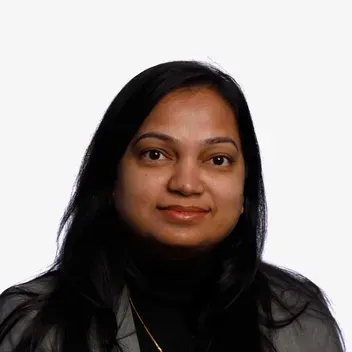Economic studies research degrees
An overview of our postgraduate research in economic studies and entry requirements for PhDs and other research degrees.

Economic Studies (School of Business), has a reputation for research excellence, having hosted talented academics including the 1991 Economics Nobel Prize winner – Ronald Coase. Research conducted by the department is diverse, but with focus around empirical and policy-oriented content. The department also has a history of good PhD placements. The department participates in the Crieff PhD programme (involving other Scottish Universities).
To read more on their research interests and actives, please visit the School of Business research pages.
Research fields
The department has competence and expertise in the following fields:
Applied Microeconomics
- Agricultural and Environmental Economics
- Health Economics
- Labour and Education Economics
Applied Macroeconomics
- Macroeconomics and Monetary Policy
- International Trade
- Computable General Equilibrium (CGE) Modelling
Finance and Financial Economics
- Behavioural Economics and Finance
- International Finance
- Asset Pricing
- Macro-Finance
- Banking and Financial Markets
Development Economics
- Energy Economics and Sustainable Development
- Climate Change
- Sustainable Tourism management
- China Economic Studies
- Distribution and Inequality
and also
- Business and Economic History
- Research in Business Education (pedagogies, student experience, internationalisation of business education)
- Heterodox Economics
Supervisors
The school provides you with a first and second supervisor, whose research interests will align with your proposed research. You will be meeting with your supervisors at regular intervals, who will provide useful advice. You are encouraged to check the research interests of potential supervisors and their relevant works before submitting an application.
person

person

person

person

person
person

person
Entry requirements
You should have an honours degree at 2.1 or above, and/or a Masters degree in a relevant discipline.
English language requirements
| IELTS (overall) | Reading | Listening | Speaking | Writing |
| 6.5 | 5.5 | 5.5 | 6.0 | 6.0 |
We also accept other English language qualifications
You do not need to prove your knowledge of English if you are a national of certain countries.
Don't meet the English language requirements?
English language programmes
Prepare for university study and benefit from extra English tuition with an English language programme.
Economic studies PhD tuition fees
| Academic year of entry | Scottish/Rest of UK fee status | International fee status |
|---|---|---|
| 2025/26 | £5,006 per year of study |
£21,940 per year of study |
| Academic year of entry | Scottish/Rest of UK fee status | International fee status |
|---|---|---|
| 2026/27 | £5,238 per year of study |
£22,660 per year of study |
Tuition fee per year of study (subject to a 5% annual increase for Scottish, Rest of UK, and International students).
The tuition fee, and mode of attendance shown within the application system is provisional and confirmed when you are made an offer.
Part time study, where available, is charged on a pro-rata basis.
Scottish/Rest of UK fee status annual increase
Each year, UKRI sets a recommended fee and stipend level for Scottish/Rest of UK students, which we use as the basis for fees charged to this group.
UKRI usually increases its fee and stipend levels in line with inflation, based on the Treasury GDP deflator.
Therefore, the Scottish/Rest of UK fees detailed in this table for 2026/27 (and beyond) can only be estimated according to the typical increase.
The fee charged to you may differ, though only slightly, from the figure given.
Apply for a research degree
You can apply for a PhD or other postgraduate research degree using our Direct Application System.
We have three start dates per academic year.
PhD Economics
- Apply to start in January 2026
- Apply to start in May 2026
- Apply to start in September 2026
- Apply to start in January 2027
- Apply to start in May 2027
Business (non-graduating) (research)
- Apply to start in January 2026
- Apply to start in May 2026
- Apply to start in September 2026
- Apply to start in January 2027
- Apply to start in May 2027
Disabled students
The University of Dundee welcomes applications from disabled students.
